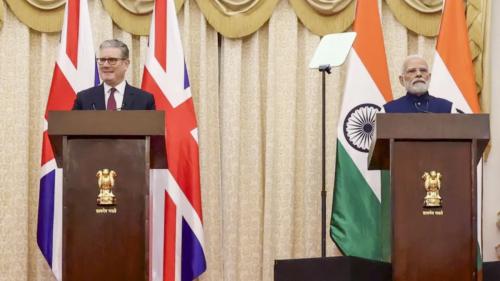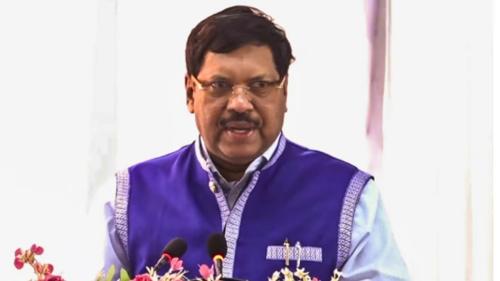The Bharatiya Janata Party’s appointment of Union Education Minister Dharmendra Pradhan as its in-charge for the upcoming Bihar Assembly elections, scheduled for October–November 2025, has drawn significant attention in political circles. Bihar, a key state in India’s electoral map, presents a challenging battleground with the NDA alliance led by BJP and JD(U) facing stiff competition from the RJD-led Mahagathbandhan. BJP’s decision to entrust Pradhan with this responsibility signals a deliberate strategy aimed at leveraging experience, ground-level insights, and tactical political management to retain power.
Pradhan is no stranger to election management. His career in overseeing state polls spans over a decade, with significant victories in multiple states. In Haryana 2024, he orchestrated a remarkable campaign post-Lok Sabha elections, guiding BJP to a third consecutive victory by winning 48 out of 90 seats despite anti-incumbency sentiments. Pradhan’s hands-on approach, setting up monitoring camps in Rohtak, Kurukshetra, and Panchkula, and collecting real-time inputs from ground workers, helped the party anticipate voter behavior and adjust its strategy effectively.
Similarly, in Odisha 2024, Pradhan’s constant engagement with local cadres contributed to BJP forming a government for the first time in the state, winning 78 assembly seats. In Uttar Pradesh 2022, he oversaw a landslide victory with BJP securing 255 out of 403 seats, ensuring Chief Minister Yogi Adityanath’s second consecutive term. His prior successes include critical roles in Uttarakhand 2017, Jharkhand 2014, Chhattisgarh 2008, and even Bihar 2010, each time delivering decisive wins and consolidating alliances. The only notable setback was in Karnataka 2023, where BJP could not retain power, winning 66 of 224 seats despite Pradhan’s supervision.
So, why has BJP turned to Pradhan for Bihar now? The answer lies in his proven ability to combine organizational discipline with strategic foresight. Bihar’s political environment is uniquely complex, with deep-rooted caste dynamics, regional rivalries, and shifting voter loyalties. Pradhan’s track record demonstrates his capacity to translate ground intelligence into actionable strategies, coordinate seamlessly with allies like JD(U), and energize the party’s cadre for maximum impact. His repeated selection by BJP’s top leadership underscores the trust placed in his analytical and managerial skills to navigate high-stakes elections.
Another crucial factor is the NDA’s need to preempt anti-incumbency and opposition tactics. With Nitish Kumar already a sitting Chief Minister, the alliance must balance governance achievements with effective campaign messaging. Pradhan’s experience in states like Haryana and Odisha shows his expertise in crafting narratives that resonate with voters while mitigating potential weaknesses.
In essence, appointing Dharmendra Pradhan is not just about leadership but strategic execution. Bihar is a pivotal state, and the BJP clearly believes that Pradhan’s combination of grassroots understanding, alliance management, and campaign acumen can decisively tilt the scales in NDA’s favor. As the election approaches, political analysts will be watching closely to see whether Pradhan’s methodical approach can deliver another victory in one of India’s most politically complex states.








